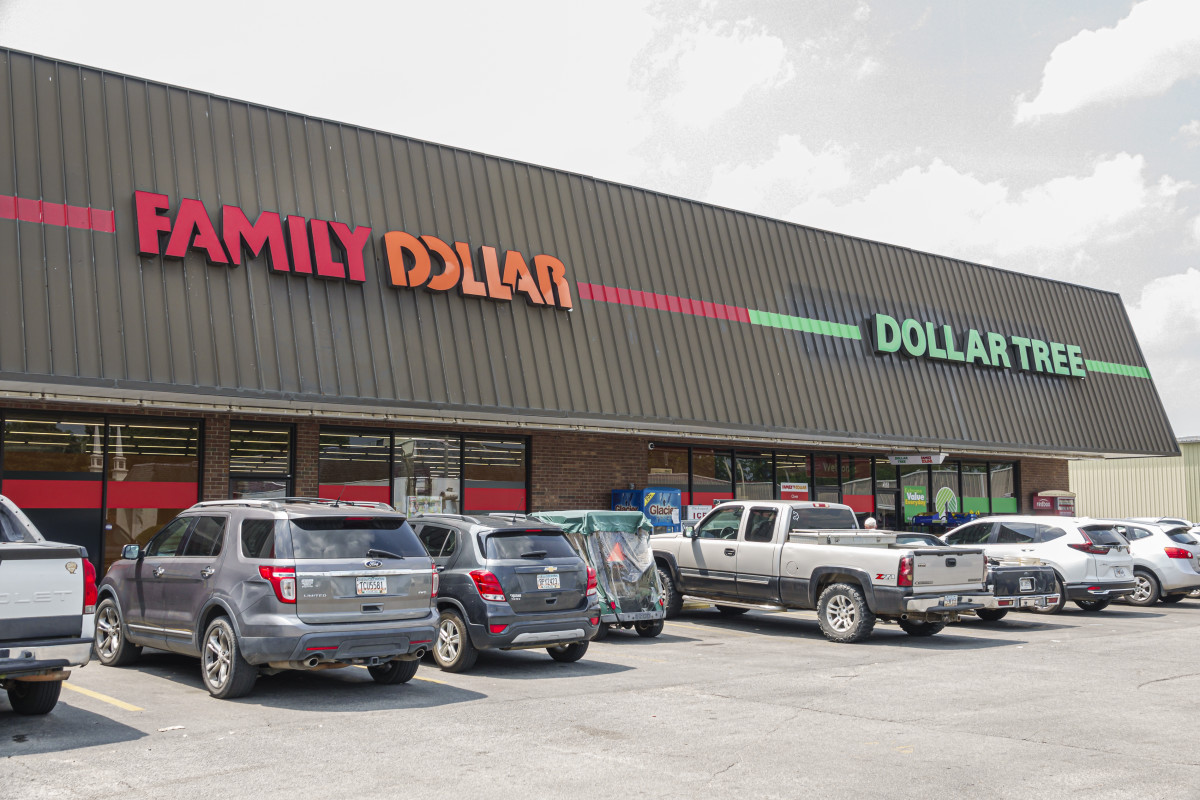
Retail is a particularly fickle space to be in right now.
There are few explanations as to why some retailers do well – against all trends and odds – while others are seemingly set up for success but doggedly beat back against every possible headwind until they eventually relinquish the fight and give in to store closures, or worse, bankruptcy.
Related: Prized luxury credit card quietly removes popular perk
Take, for example, TJ Maxx, Marshalls, and HomeGoods, owned by TJX Companies (TJX) . Despite an overall industry decline in brick-and-mortar achievement as online behemoths like Amazon (AMZN) and Etsy (ETSY) take over the gift giving and holiday shopping space,TJX thrives.
It could be its discount pricing model, it could be its in-store 'treasure hunt' experience which cannot be replicated online, or it could be strong brand recognition and a sticky core customer base. It might in fact be a combination of all of the above.
Other retailers, however, continue to see sales diminish among dwindling consumer interest and inventory shrink. Walgreen's (WBA) said it would close 150 stores by August 2024. Macy's (M) also recently announced it would shutter over 150 stores. And just this week The Body Shop filed for Chapter 7 bankruptcy in the U.S. after a similar filing in the U.K.
Key retailers struggling more in tough times
Part of this may be chalked up to a rise in prices. The most recent Consumer Price Index (CPI), released on Tuesday, was up 0.4% for the month of February and 3.2% compared to the same period one year ago. The figure was generally in line with expectations, though the core CPI (which cuts out volatile prices for things like food and energy) was up 0.4% on the month and was up 3.8%, roughly 0.1% higher than originally forecast.
Here's a look at what rose during the month of February:
- Food: 0%
- Energy: 2.3%
- Gasoline: 3.8%
- Fuel oil: 1.1%
- New vehicles: -0.1%
- Used vehicles: 0.5%
- Apparel: 0.6%
- Shelter: 0.4%
- Transportation services: 1.4%
- Medical care services: -0.1%
Low-cost retailer closing almost 1,000 stores
With things like energy and shelter up big this month, it's no wonder consumers are cutting costs where they can. Any small amount saved could make a big difference in going to things like the cost of rent or a commute.
It's surprising, then, that the budget-friendly consumer staple retailer Dollar Tree Inc., (DLTR) which owns the Family Dollar and Dollar Tree stores, made the announcement that it would shutter almost 1,000 store locations in the coming months.

Management blamed a difficult economic forecast, which is putting pressure on its shoppers, many of whom are low-income and rely on government assistance programs.
“Persistent inflation and reduced government benefits continue to pressure the lower-income consumers that comprise a sizable portion of Family Dollar’s” customer base, CEO Rick Dreiling explained on Wednesday during a call with analysts.
Family Dollar will shutter approximately 600 stores before the second half of 2024. An additional 370 Family Dollar and 30 Dollar Tree locations will close as their rents expire in the next couple of years. During Q4, Dollar Tree Inc. reported a $1.7 billion net loss. Net profit was down 20.57% for the quarter, which should normally be strong during the holiday shopping season.
But it wasn't all dour. Management said it added 3.4 million new customers last year, a majority of which earned $125,000 or more in household income. To that end, Dollar Tree Inc. plans to add more pricing variety to its inventory soon, in a hope to capture more price hike-resistant customers, which it calls its "multi-price expansion strategy."
"This expanded assortment will offer Dollar Tree shoppers a wider range of choices across a variety of categories, including food and snacks, beverages, pet care, personal care, and more. This year, across 3,000 stores, we expect to expand our multi-price assortment by over 300 items at price points ranging from $1.50 to $7," Drelling explained.
"Over time, you will also see us fully integrate multi-price merchandise more into our stores so our shoppers will find $5 bags of dog food next to our traditional $1.25 pet treats and toys, and our $3 bags of candy will be found in the candy aisle."
And while underperforming stores may be closing, Dollar Tree Inc. saw relatively strong comparable store sales across both segments. Dollar Tree’s comps rose almost 6%. Family Dollar’s were up by 3.2%.
Currently, Dollar Tree Inc. operates over 16,770 stores in the U.S. and Canada.
Related: Veteran fund manager picks favorite stocks for 2024







